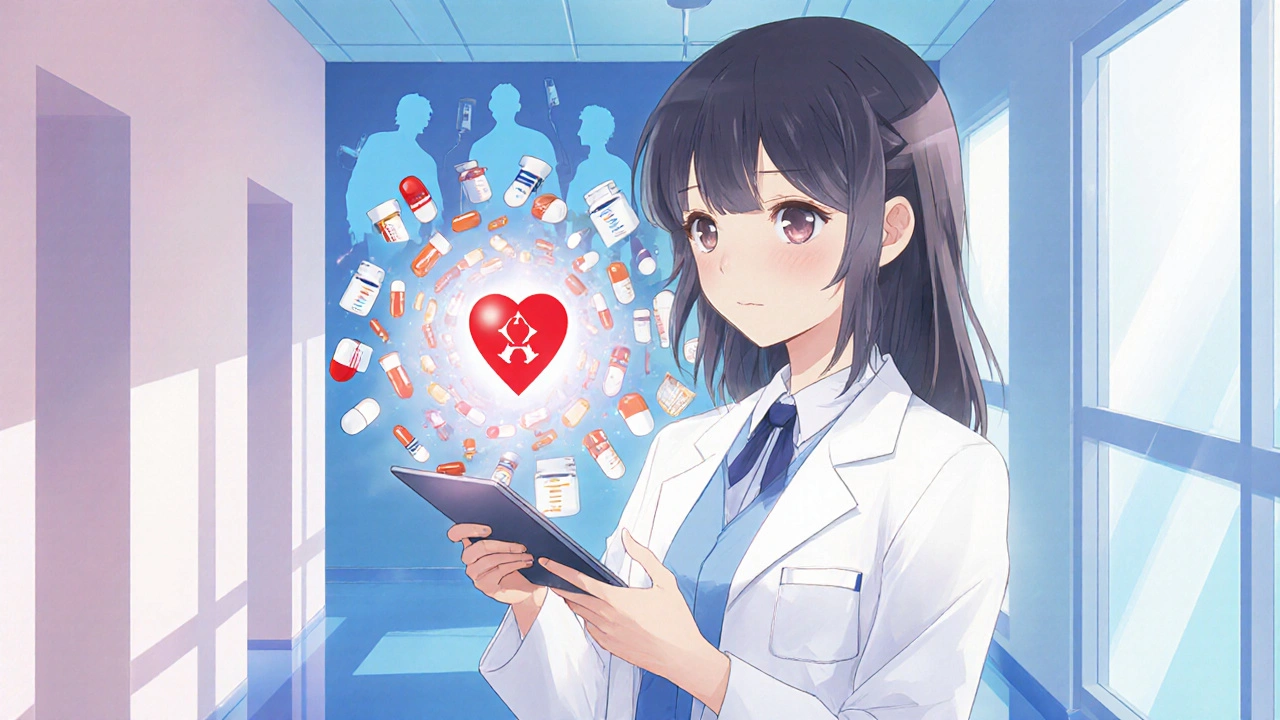
Heart Medication Interactions: Dangerous Combinations to Avoid
Learn which heart medication pairings can be deadly, why they raise heart attack and stroke risk, and how to avoid them with practical checks and tools.
When you take more than one medication, you’re playing a high-stakes game where even small mistakes can lead to serious problems. Medication interactions, harmful or unexpected reactions when two or more drugs are taken together. Also known as drug interactions, they’re one of the leading causes of preventable hospital visits. This isn’t just about pills clashing—it’s about how your body reacts when a new drug changes how another one works, or how food, supplements, or even herbal teas mess with your prescription.
Some interactions are obvious. Like taking blood thinners with ibuprofen and ending up with internal bleeding. Others hide in plain sight. A common cold medicine might raise your blood pressure if you’re on a calcium channel blocker like Diltiazem HCL, a medication used to treat high blood pressure and chest pain. Or mixing Cabergoline, a dopamine agonist used for Parkinson’s and hormonal conditions. with certain antidepressants could trigger dangerous serotonin spikes. These aren’t rare edge cases—they happen daily because people don’t know what to watch for.
It’s not just about the drugs you take. Supplements like St. John’s Wort can turn your antidepressant useless. Grapefruit juice can turn a simple statin into a heart risk. Even over-the-counter antacids can block your thyroid meds from working. The truth? Most people don’t realize how many things in their daily routine affect their meds. That’s why knowing how to avoid medication interactions isn’t just smart—it’s life-saving.
You don’t need to memorize every possible combo. But you do need a simple system: always tell every doctor and pharmacist what you’re taking—including vitamins, herbs, and CBD. Keep a written list. Ask: "Can this new medicine clash with anything else I use?" And never ignore a weird side effect—especially if it shows up after starting something new. The posts below give you real, practical tools to spot trouble before it hits. From how to read your prescription labels to what to ask when your doctor prescribes something new, you’ll find clear, no-fluff guidance built from real cases and expert advice.

Learn which heart medication pairings can be deadly, why they raise heart attack and stroke risk, and how to avoid them with practical checks and tools.